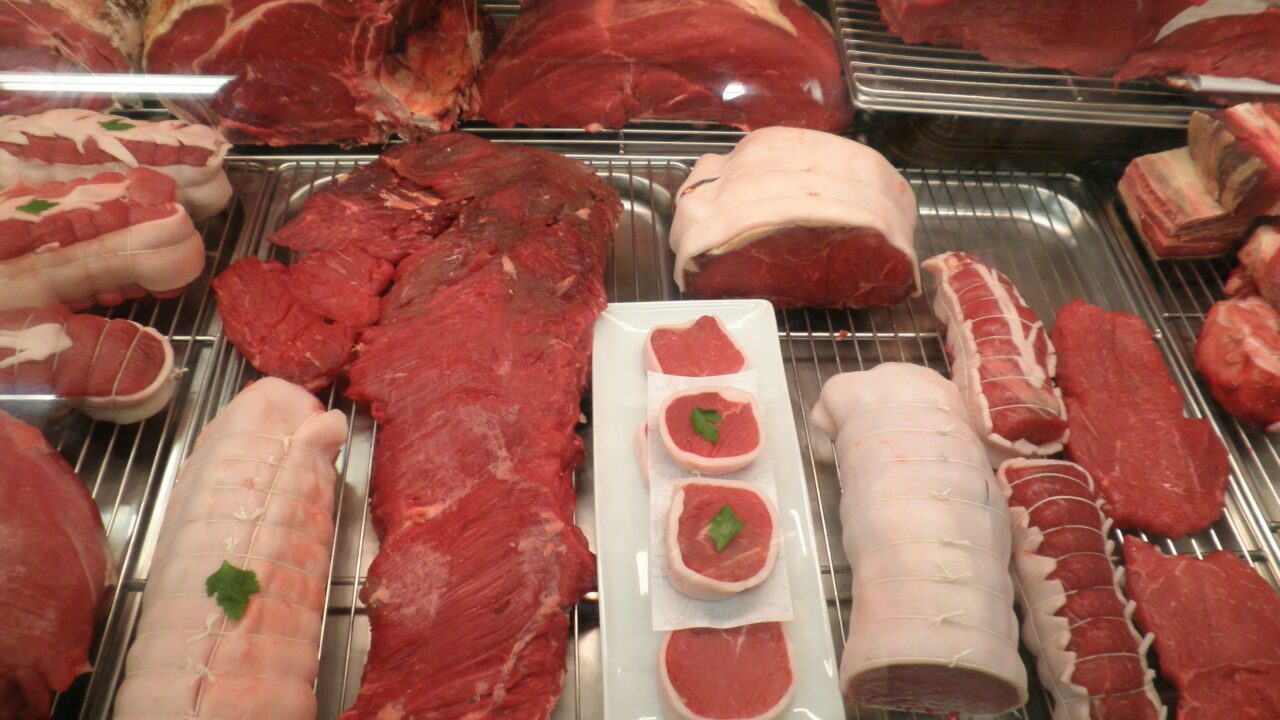Farmers have rounded on another Lancet Journal commissioned report that has once again targeted the “over-consumption” of red meat globally.
The report – entitled “Global Syndemic [synergy of epidemics] of Obesity, Undernutrition, and Climate Change: The Lancet Commission Report” – was published yesterday (Sunday, January 27) and calls for an axing of subsidies on livestock production.
The report also made a case for “additional taxation” on red meat and dairy production, based on claims of over-consumption of such food and on emissions related to its production – which farmers in Ireland have also rejected.
“Both meat and dairy products require more resources and generate larger emissions of methane than plant-based alternatives,” the rapporteurs note.
The document describes a reduction in consuming red meat as a “cornerstone for healthy, sustainable diets”, though it notes that “achieving this will be formidable given the current supply and demand dynamics”.
National governments should eliminate or redirect subsidies away from products that contribute to the Global Syndemic towards production and consumption practices that are sustainable for human health, the environment and the planet.
“Reducing subsidies to oil companies and large monocultural agricultural firms would allow subsidies to be directed towards innovations in sustainable energy and transportation and healthy, local food systems.”
The report contends that monies generated through the taxation of sugary drinks, the elimination of subsidies on fossil fuels, and higher prices on petrol and meat, could be funneled towards other public services – such as healthcare supports – for low-income communities.
The rapporteurs also claim that red meat consumption, particularly processed meat, “is associated with increased risk of non-communicable diseases (NCDs)”.
However, the commission also states that it recognises that animal-source foods, including meat, provide a rich source of highly bioavailable micronutrients, especially for young children, and make an important contribution to high-quality diets when consumed in moderation.
“In many regions, livestock production is also an important contributor to livelihoods, household income, national wealth and, in semi-arid and arid areas, there are often few other productive land uses,” the rapporteurs say.
However, production of feed for livestock can divert food away from direct human consumption, and threaten food security and the livelihoods of populations displaced by the expansion of crop land for feed production – which is also an important cause of deforestation.
This is the second report in two weeks commissioned by the Lancet Journal to target livestock farming and meat production.
The first report, published earlier this month, called for individuals’ daily beef and lamb consumption combined to be limited to just 7g per day.
The controversial claims in the initial report were also overwhelmingly rejected by the country’s farming representatives and politicians.
Farmer response
Beef chairman of the Irish Cattle and Sheep Farmers’ Association (ICSA) Edmund Graham responded to the most recent report by underlining the nutritional value of naturally-produced beef in Ireland.
He highlighted the importance of meat in the diet, noting that, since the first report, a number of doctors and nutritionists have publicly underlined its nutritional value – particularly for iron and vitamin B12.
It’s not the food that’s causing obesity – it’s people not being responsible with what they’re eating.
“No matter what subsidies you get they wouldn’t pay you given the last few months. It’s gotten really out of control.”
The beef chairman believes that the problem is not just meat production alone. He contends that overly-processed food on supermarket shelves is also playing a significant role.
Graham also referenced the news that Tesco are to cut up to 15,000 staff by closing meat, fish and delicatessen counters in branch stores in the UK.
“This is pushing all the time away from fresh produce and buying pre-prepared or pre-cooked meals,” he said.
“People are going away from fresh meat – and vegetables too – into these prepared meals; I think that’s where the problem all lies with obesity.”
Underlining the difference between the grass-based Irish production and the less sustainable methods abroad, he added: “Every day that I go out my door I’m working with nature; I want my beef to be as natural as possible.
I think our Government should have some policy to stay away from intensification and factory farms and get back and stay as natural as possible.
“We need to be getting the message out there to farmers that good food is natural food,” Graham said.
